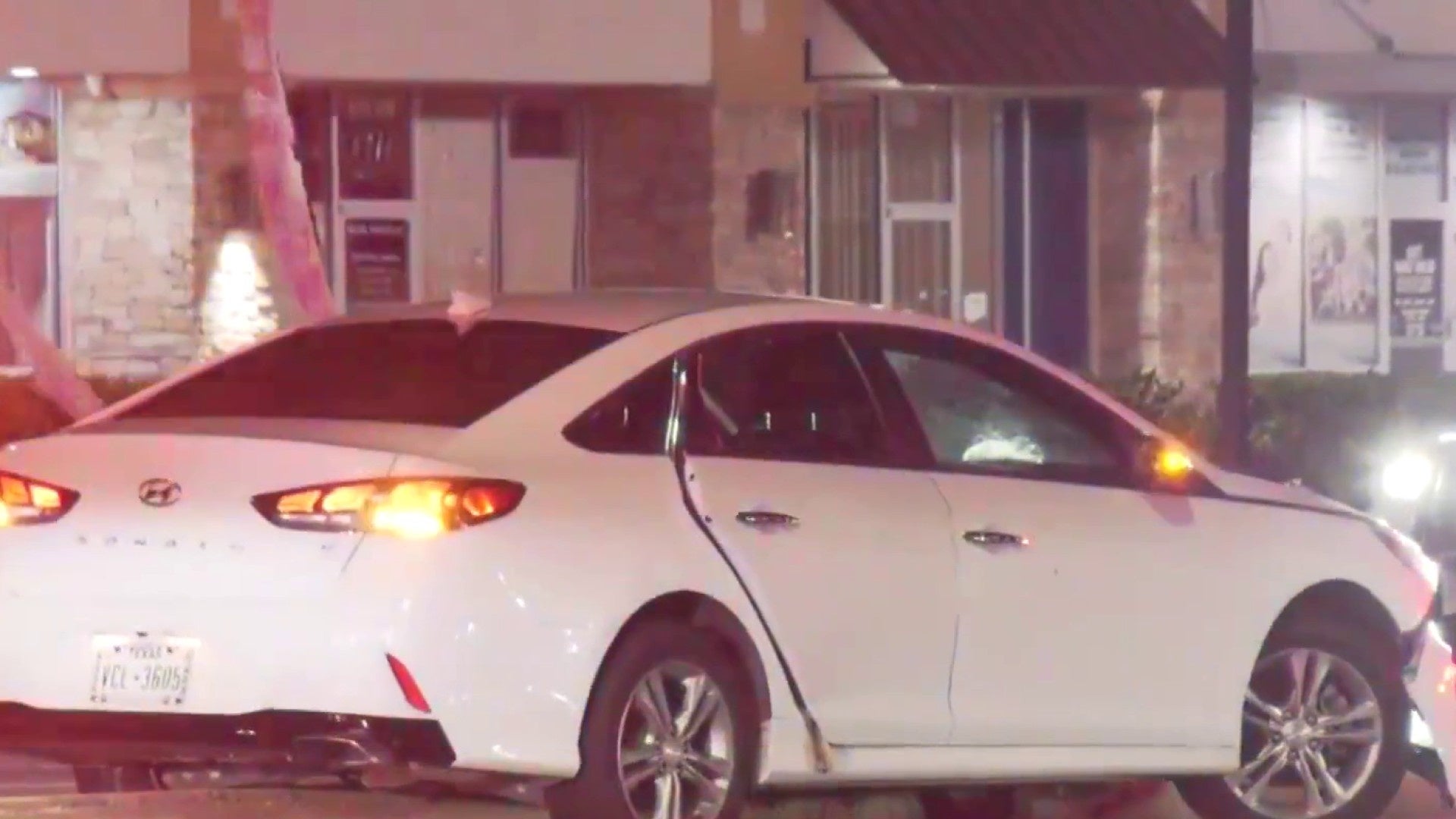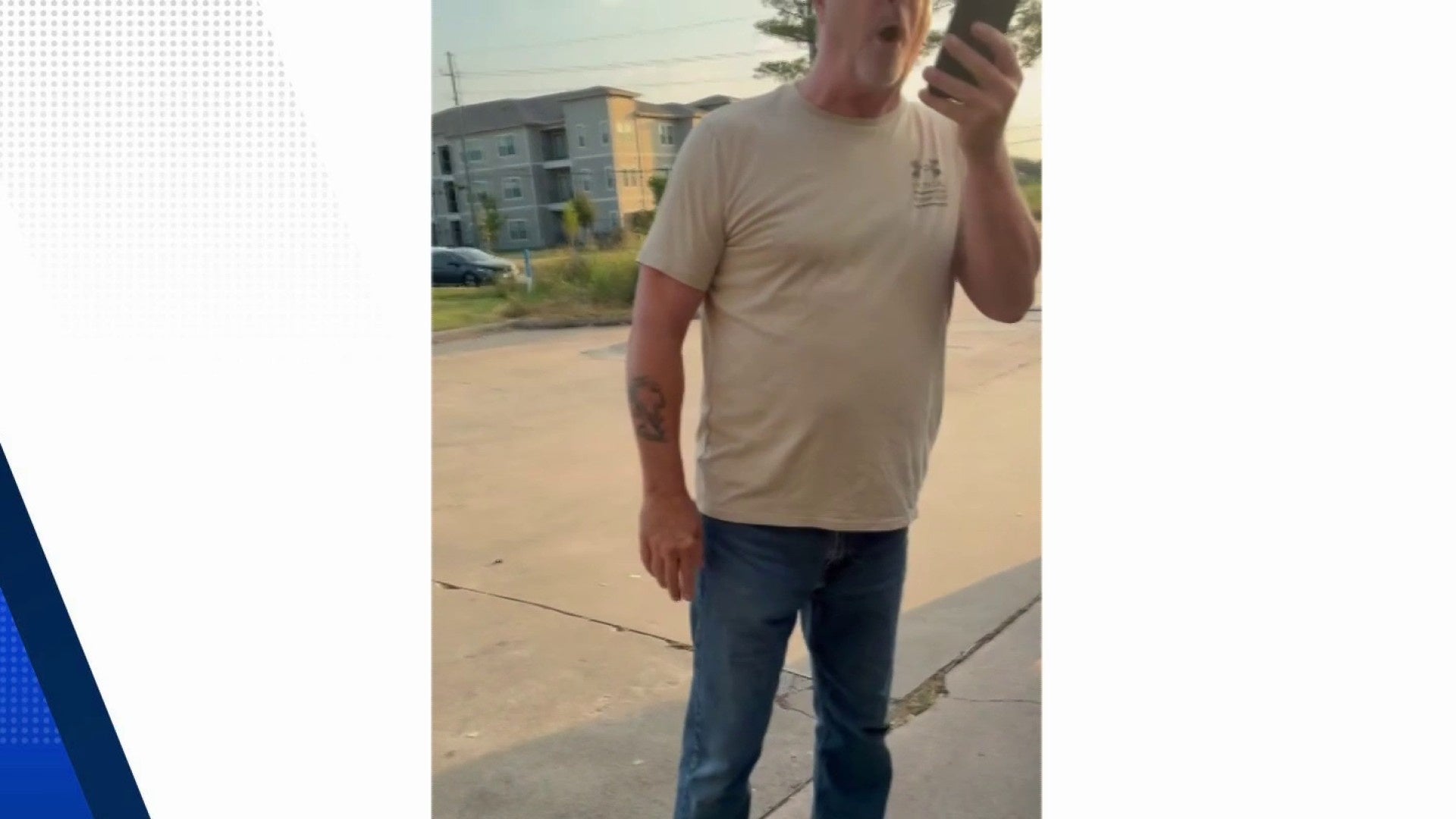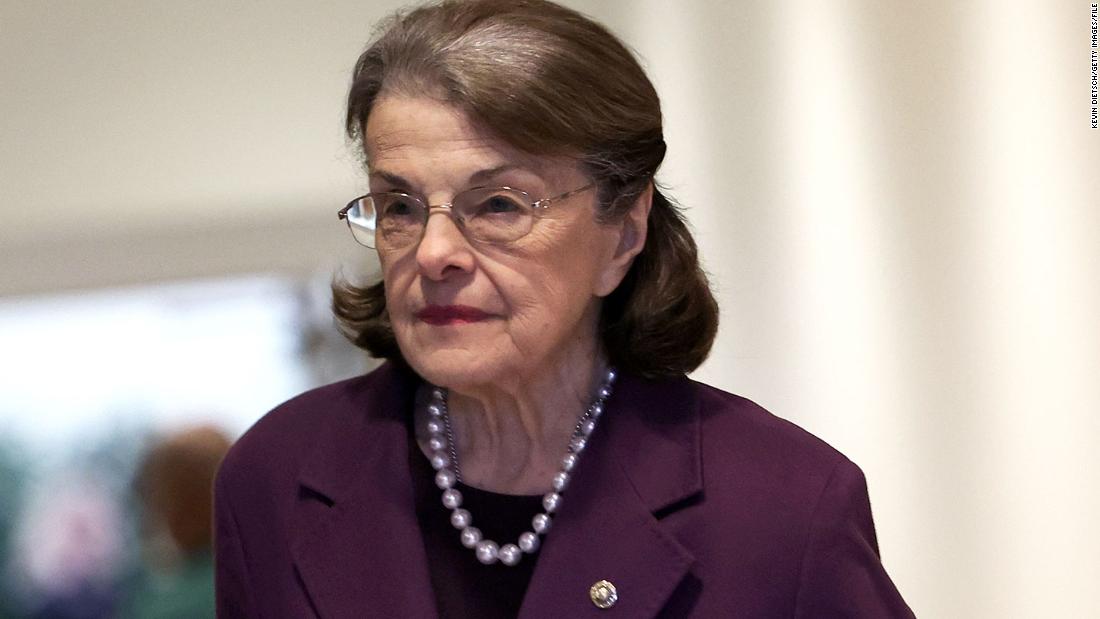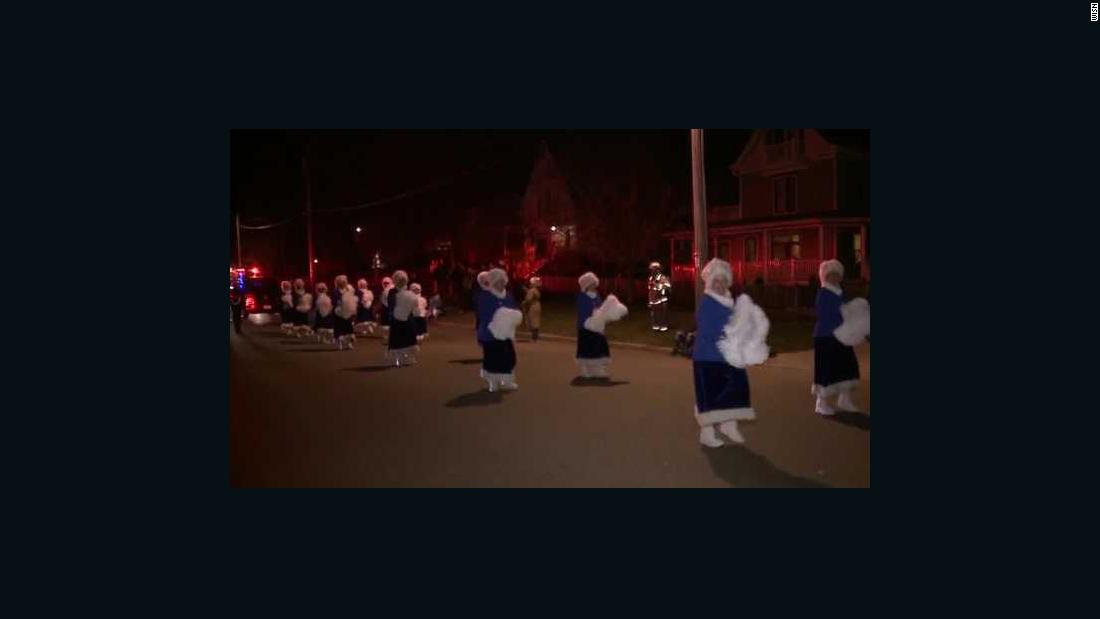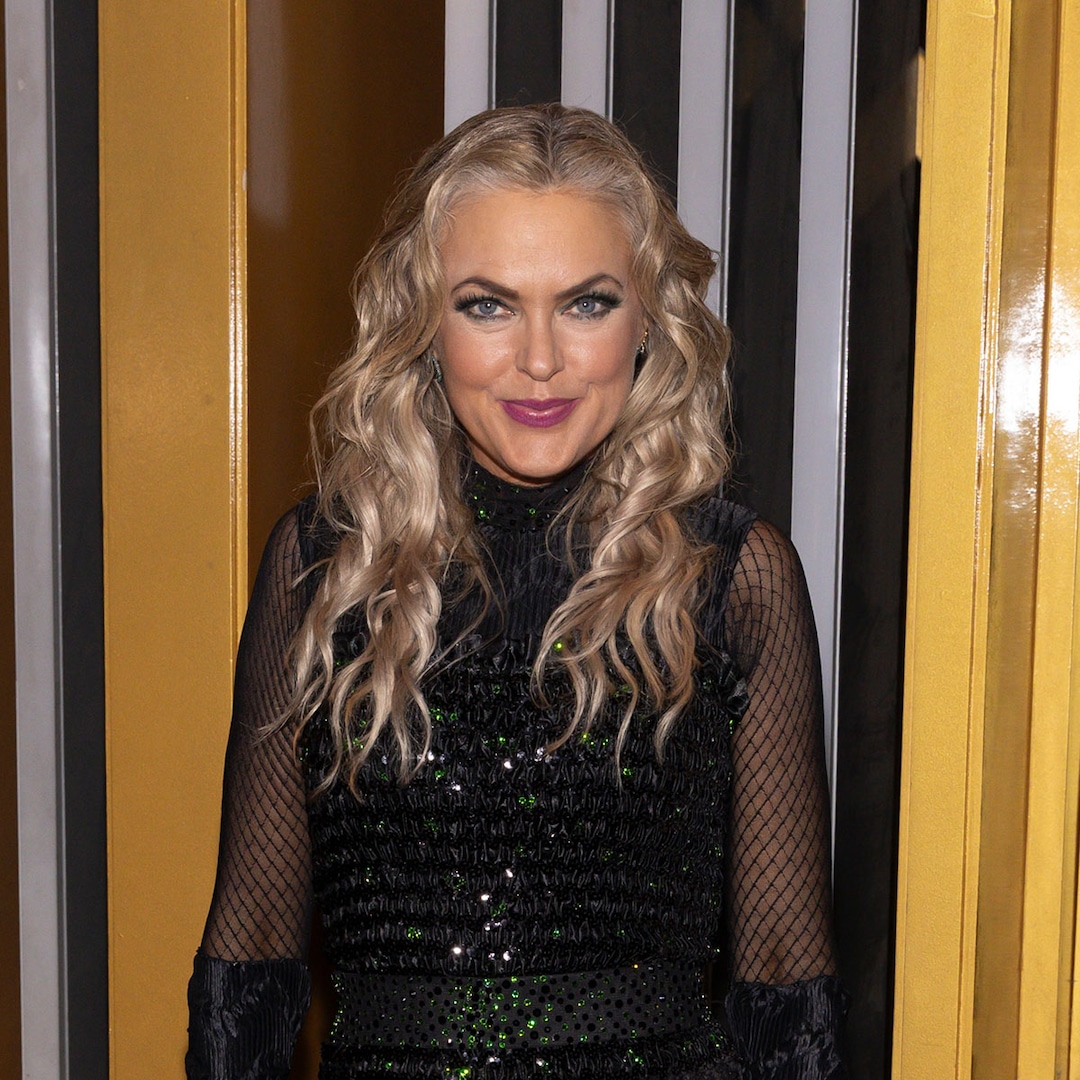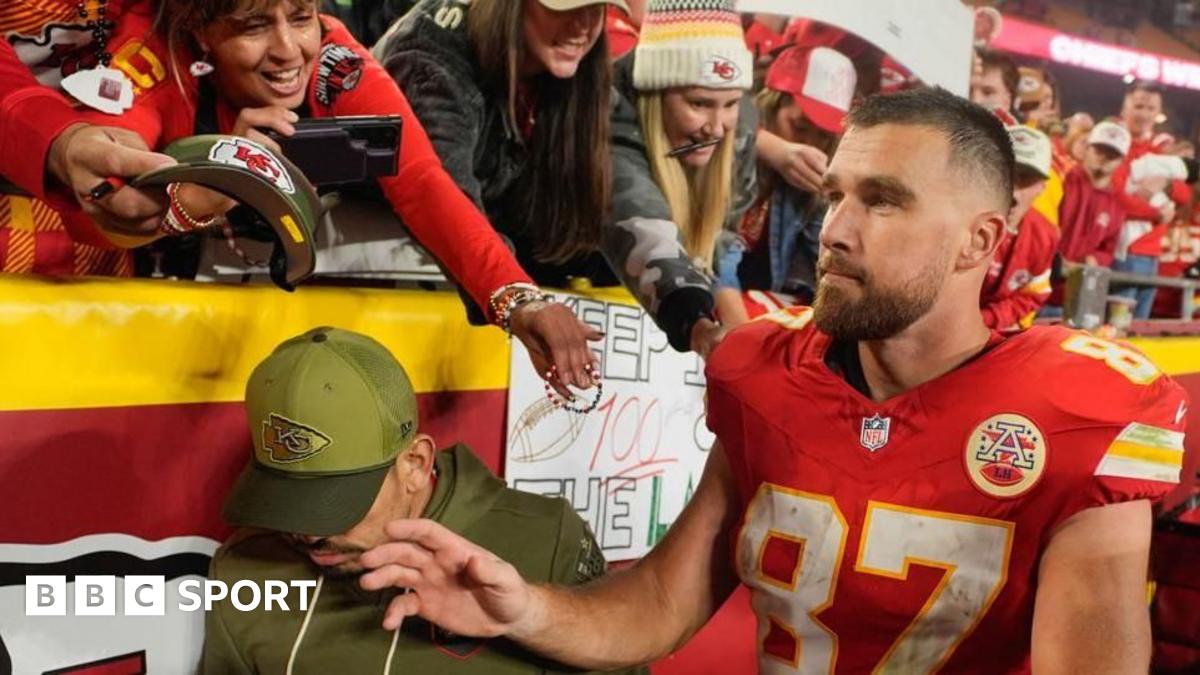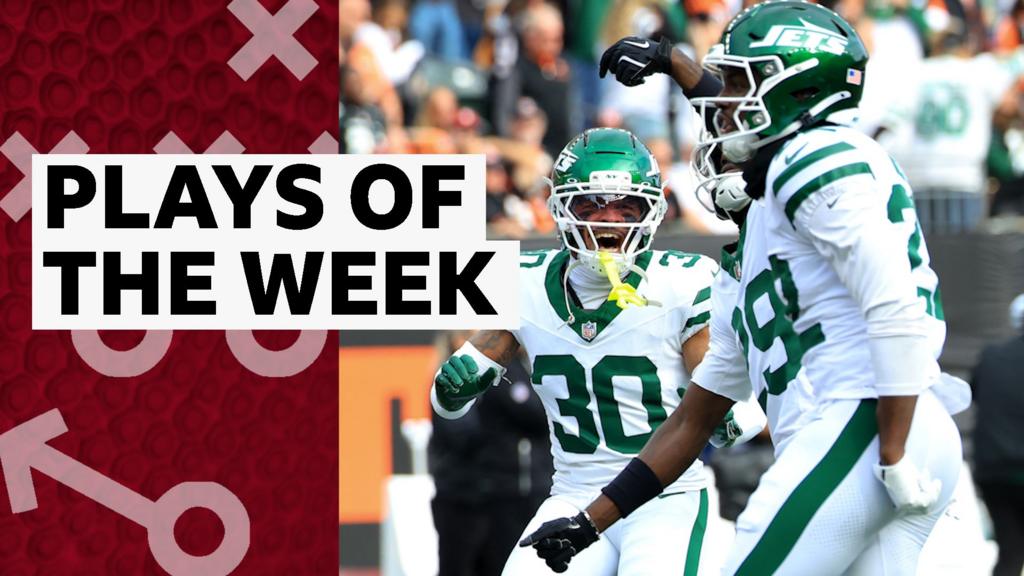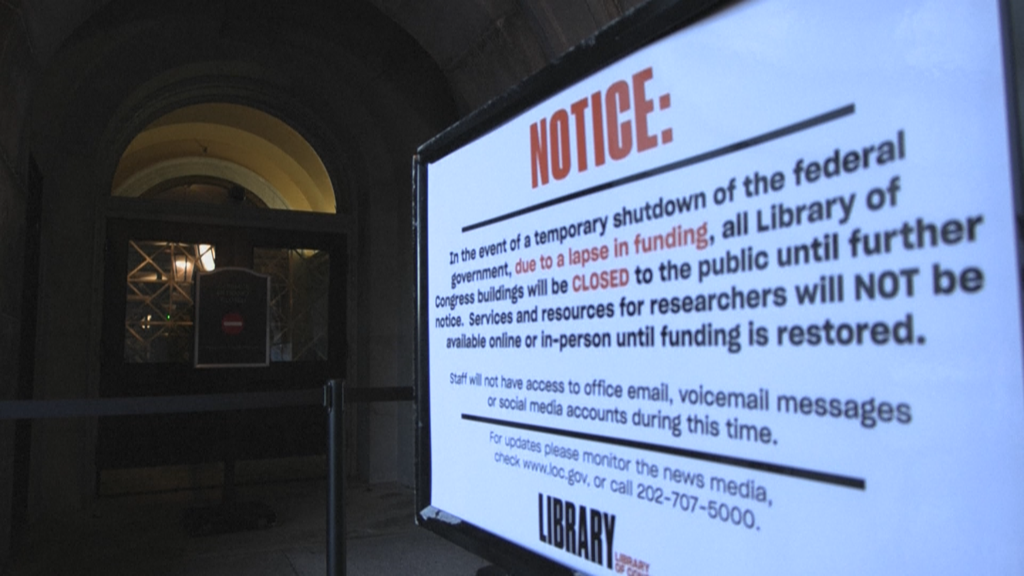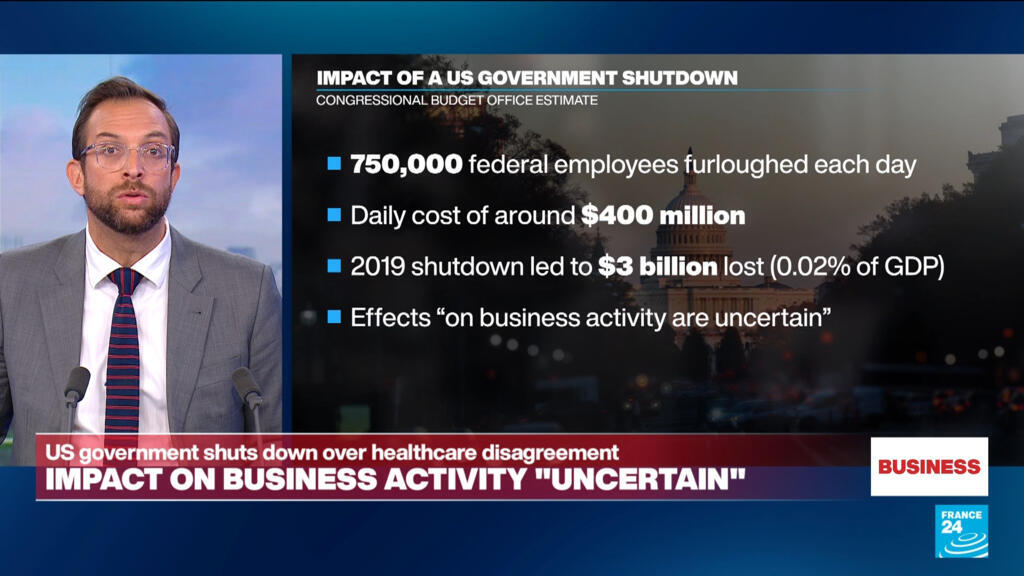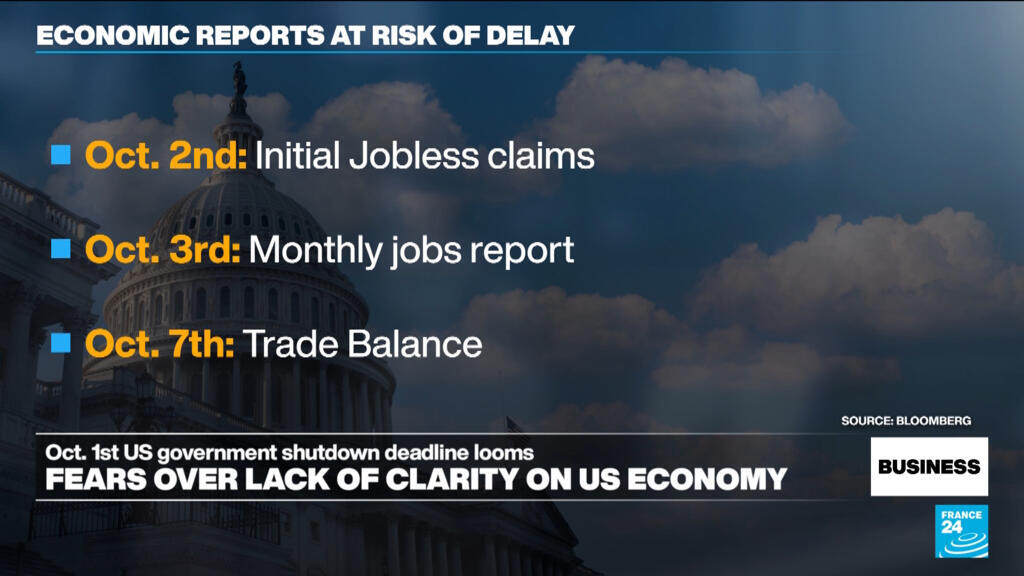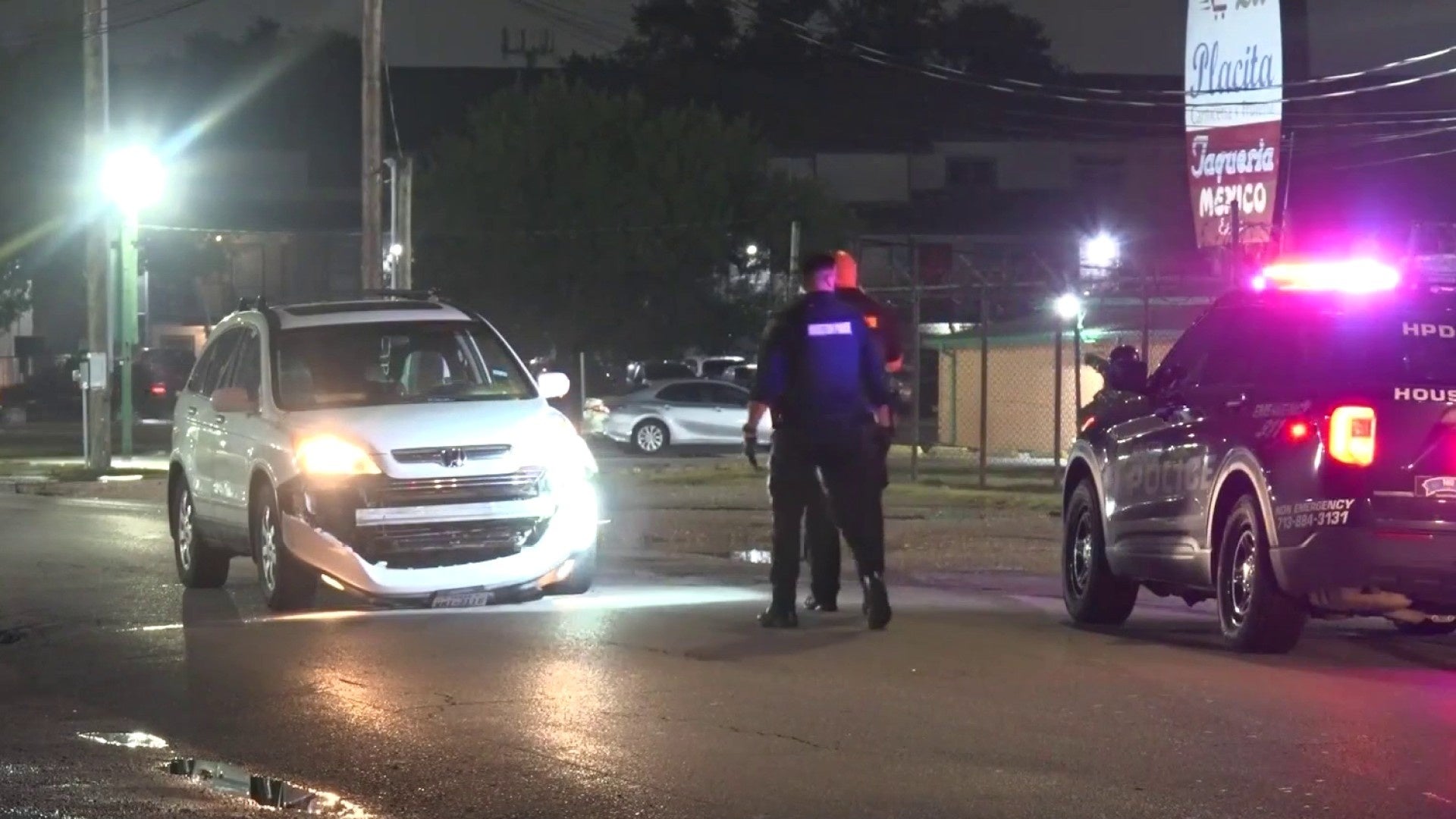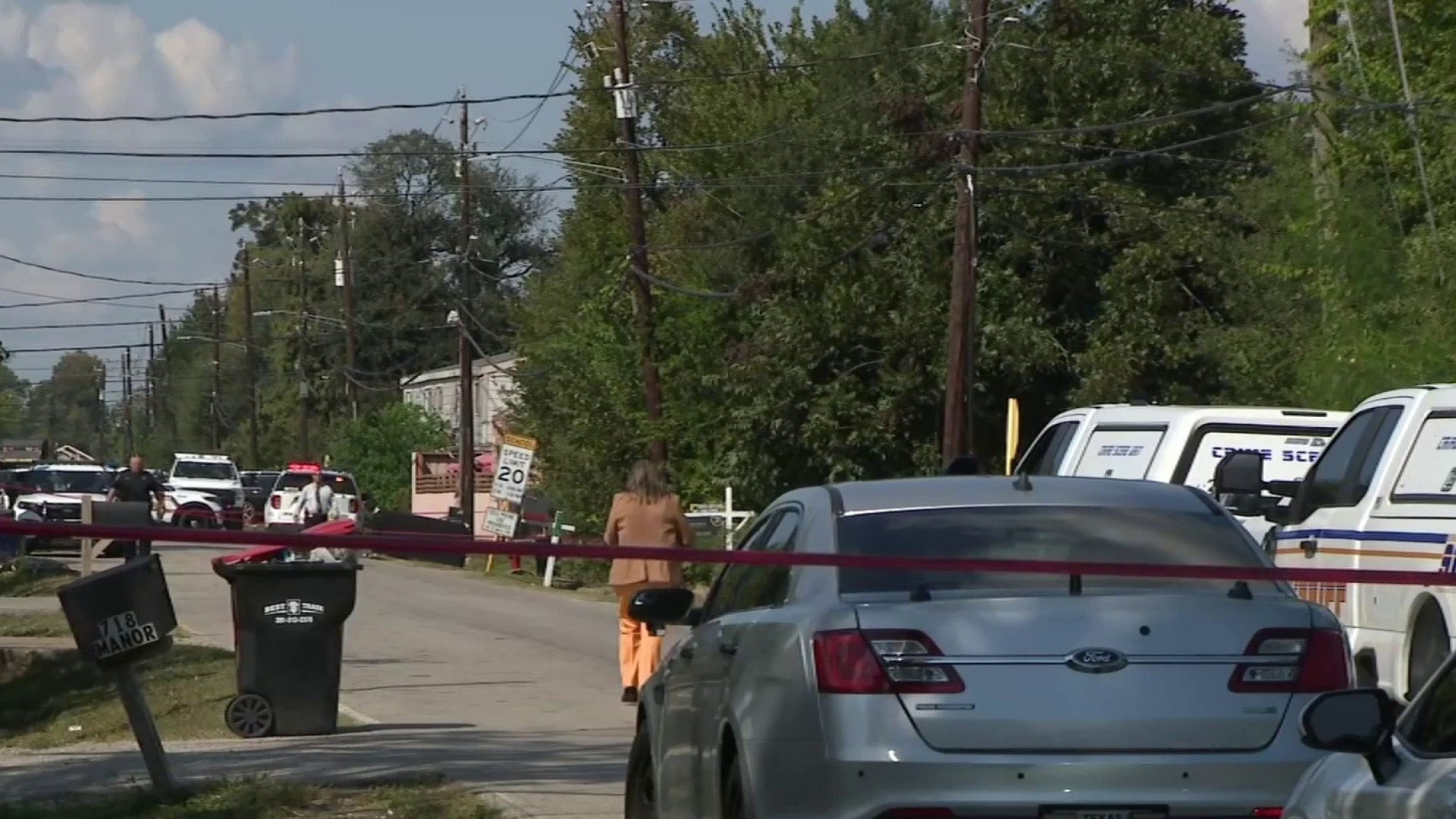Single Mom Says SNAP Cuts Can Be Life-Threatening
Hillary Randall has had a hard life, admittedly because she made some poor choices as a young adult. She’s lived in her car and in cheap motel rooms, struggling to find steady work without a college degree. But no matter how challenging her circumstances were, she always made sure that her four kids had food […] The post Single Mom Says SNAP Cuts Can Be Life-Threatening appeared first on Houston Press.


Hillary Randall has had a hard life, admittedly because she made some poor choices as a young adult. She’s lived in her car and in cheap motel rooms, struggling to find steady work without a college degree. But no matter how challenging her circumstances were, she always made sure that her four kids had food in their bellies when she tucked them in at night.
When Randall’s husband died in a Texas prison two years ago, a fire was lit within the 35-year-old. She scraped together funds from working as a self-employed delivery driver and house cleaner. In August, Randall bought a mobile home in Dickinson and enrolled in classes at San Jacinto College, funded by a Pell grant. She’s hoping to earn a degree in criminal justice and work as a parole officer.
Randall has relied on Supplemental Nutrition Assistance Program benefits for more than five years at varying levels of assistance, depending on how much money she was earning at the time.
She doesn’t like asking for help but her meager income isn’t enough to pay the mortgage and get food on the table for her kids, who are 15, 11, 9 and 5 years old. Because she has to provide for a large household, including her ill 64-year-old father, Randall’s monthly SNAP benefits amount to $1,183 per month, much higher than the state average of less than $400.
But because of the federal government shutdown that began October 1, Randall and about 3.5 million Texans won’t get their SNAP benefits for November. For many, the benefit withdrawal will cause hunger and malnutrition. Some people will be evicted from their homes and forced to live on the streets.
“It’s life-threatening,” Randall said.
Instead of getting a monthly debit card that must be spent on groceries, Randall and others will rely on organizations like the Houston Food Bank to ensure there are groceries in the cabinet.

At a Tuesday morning press conference, Houston Food Bank officials and representatives from partner agencies said they anticipated the government shutdown would not only initiate a crisis for those who are dependent on grocery money but also create food insecurity for furloughed and laid-off federal employees and “essential workers” who are showing up to their jobs but not bringing home a check.
So the Houston Food Bank is stepping up its game. The organization is stocked with disaster relief supplies that would have been used if a hurricane had hit Texas or a neighboring state. Now about 20,0000 disaster boxes will be used to help those affected by the shutdown.
A “super distribution site” will be set up for about 15,000 federal employees on Wednesday, October 29, from 3 to 7 p.m. at Houston ISD’s Barnett Stadium. Another super-site will be held at NRG Stadium’s yellow lot from 9 a.m. to 1 p.m. Saturday, Nov.ember 1, for a portion of the region’s 425,000 SNAP recipient families. Recipients must pre-register.
Benefit cards are loaded in a staggered format, so the food bank is asking those who haven’t received payments in a month to attend the first big distribution event. Recipients who just had their cards loaded in the last week of October should allow those most in need to go first, Houston Food Bank president and CEO Brian Greene said when explaining why pre-registration is mandatory.
Residents can also call 211 for information on smaller food pickup sites in their neighborhoods. The distributions will include protein, produce, dairy and carbohydrates.

Greene became emotional as he apologized to the community for the situation.
“There is no cavalry coming this time,” he said. “Normally after a disaster the rest of the country helps out the affected community. In this case, we’re all in the same boat. Normally the federal government will step in to provide assistance. In this case, the federal government is the cause of the crisis. We’ve got to rally together.”
“This is not a natural crisis,” he added. “We as a society are doing this. We don’t have to do this. I am sorry you are going through it.”
Tonya Dixon of Community Faith Church said her phone has been ringing nonstop for the past several days.
“All they’re really looking for is for someone to be a ray of hope for them,” she said of the community members who are losing their benefits. “We’re one family with one future. Let’s connect together. Let’s struggle together and in the struggle, we’ll win together. Keep hope alive.”
The message was powerful, bringing tears to the eyes of many gathered at the Houston Food Bank’s distribution center on Portwall Street. But there’s a lingering black cloud of doubt that things are going to get even worse as the shutdown continues.

Greene said that when the shutdown was announced October 1, the impact for families was relatively low. Economists told the Houston Press at the time that most people wouldn’t notice that the federal government wasn’t operating at full capacity unless they were planning air travel or work for the government. On Tuesday, Greene noted that there’s been a “false assumption of how this will play out.”
“It will get significantly worse for families as the shutdown goes on,” he said. “You miss one paycheck; that’s bad. You miss three paychecks, for almost anybody, that’s a complete disaster. As we’re trying to respond, the level of need will rise at a significant rate the longer the shutdown continues. Just to be blunt, the way philanthropy works, people respond to a crisis much more than they respond to an ongoing problem.”
“As this looks more like an ongoing problem, philanthropy will unlikely keep up,” he added. “If the government’s not stepping up, we’re not going to be able to do what’s needed and these families are going to be in tragic situations.”
Randall said she expected she’d lose her benefits for November, so she bought “a bunch of meat” with her October debit card. Food pantries and churches provide canned goods, fruit, vegetables and side dishes, she said. Randall’s kids are homeschooled and not eligible for the free breakfast and lunch offered at public schools, so she typically stocks inexpensive items like chicken nuggets, hot dogs and macaroni and cheese.
“I’m a survivor,” Randall said. “In 2019, me and my kids lived in my car and we lived off of food banks. I’ve got to make sure these bellies stay full. For anybody who’s poor, potatoes and rice are the way to go because they’re filling.”
The Galveston County Food Bank, where Randall will be picking up groceries about once a month during the shutdown, offers drive-through events at churches and community centers throughout the county.
During the early voting period that ends Friday, some polling locations like the ones at Prairie View A&M University, Juergen’s Hall and Richard and Meg Weekley Community Center are doing canned food drives and will donate the inventory to local pantries.

Few SNAP recipients want to speak publicly about their struggles. There’s a stigma around accepting help from the government, Randall said. Almost every social media post from a mom worried about losing SNAP is riddled with comments like, “Get a job,” and “You had money to pay for lashes.”
Randall said SNAP recipients cannot use their benefits debit card for anything other than pre-approved groceries at a grocery store. Some convenience stores and Amazon accept SNAP benefits for certain items.
“There are people who sell their food stamps so they can get their hair done or their nails done,” Randall said. “I’ve never sold my food stamps because I need to fill these bellies. You can do anything with a full belly. If you don’t have a full belly, your brain is frazzled, your nervous system is shot and your blood sugar starts dropping. If you have a full belly, you can conquer the world.”
The Center on Budget and Policy Priorities reported that while many SNAP recipients are children, disabled persons and the elderly, up to 70 percent of recipient families have at least one employed adult in the household.
More than half of Houston’s recipients are children under the age of 18 and another 11 percent are seniors over the age of 65, according to U.S. Congresswoman Lizzie Fletcher, who recently joined other Democrats in asking USDA Secretary Brooke Rollins to fund November SNAP benefits by releasing $5 billion in contingency reserves.
Randall said she doesn’t consider accepting help from a food bank a handout but rather a “hand up.”
“We’re not going to be stuck here forever,” she said. “When I was homeless, I prayed for my daily bread. I prayed for me and my kids to have a place to sleep that was out of the elements, even if it was in my car. We didn’t have to miss any meals. I know not everyone is religious, but I believe that God provides.”
More than 900,000 people in Fort Bend, Harris, Montgomery and Waller counties account for about 22 percent of the state’s total SNAP cases, and the government shutdown is going to prompt people who’ve never visited a food pantry to start accepting assistance, Randall said.
The government impasse has widened a political divide between Democrats and Republicans. The shutdown was forced when the U.S. Congress failed to pass legislation to fund governmental agencies, including the USDA, which distributes SNAP benefits.
Most Democrats voted against a continuing resolution that would have extended funding for seven weeks, saying they wanted to negotiate the continuance of health care subsidies that expire at the end of the year.
Republicans have blamed the shutdown on the minority party, saying the Affordable Care Act tax credits that were put in place during the COVID-19 pandemic weren’t intended to be permanent and such a massive expenditure isn’t feasible while the federal budget is in a deficit.
Randall said she’s not concerned with the politics of it all but she wants the suffering to end. During this time of uncertainty, community is vitally important, she said.
“If you don’t have enough food to give away to people, invite people to your home to eat with you,” she said. “You can always make a meal stretch. I have a friend who lives about 10 minutes away and my cousin lives about five minutes away and sometimes we’ll get together and make a meal.”
“If somebody has noodles, somebody else has sauce and you can make a pot of spaghetti. Don’t be afraid to invite your neighbors into your home and feed them, or make plates and go hand them out.”
The post Single Mom Says SNAP Cuts Can Be Life-Threatening appeared first on Houston Press.

